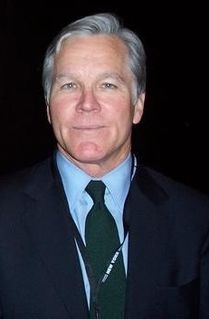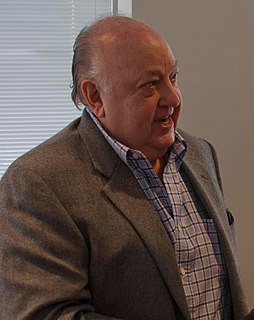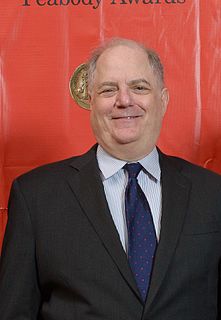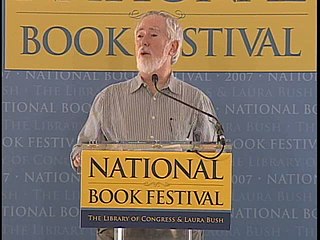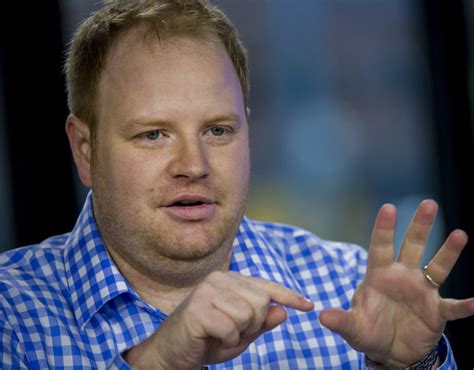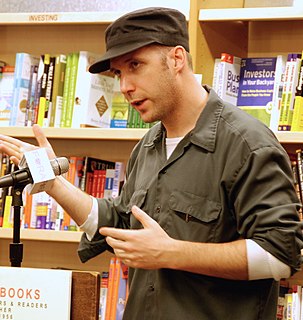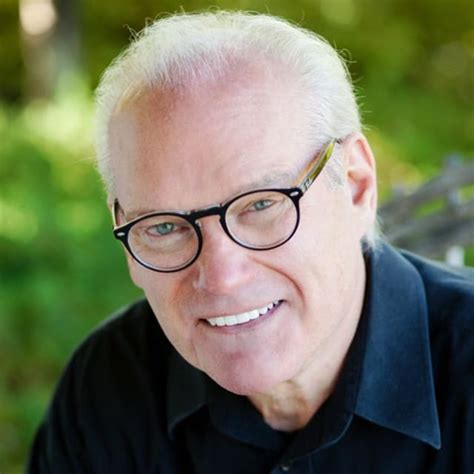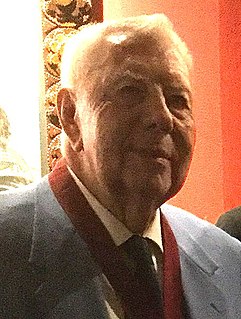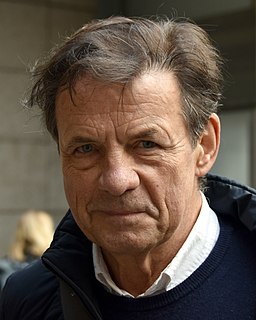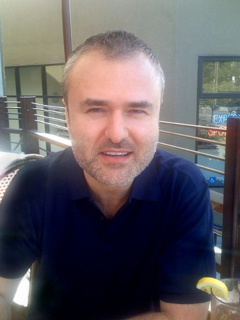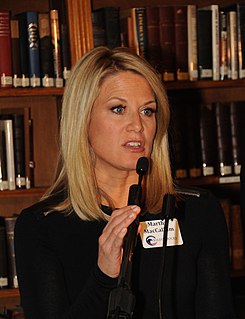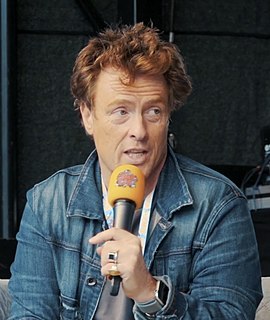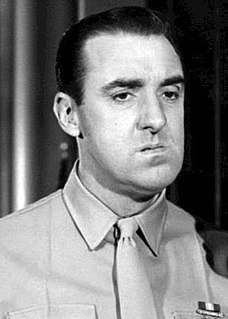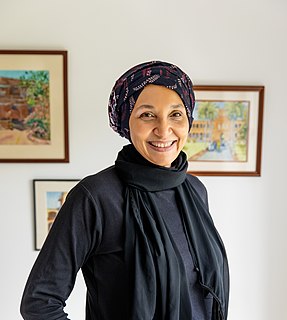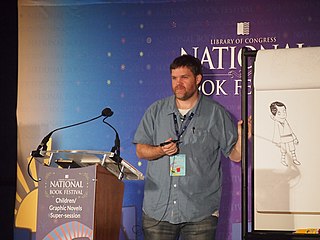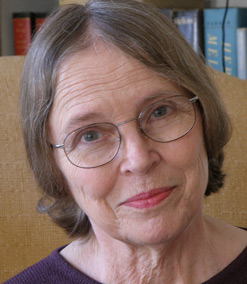Top 976 Editor Quotes & Sayings - Page 12
Explore popular Editor quotes.
Last updated on December 5, 2024.
From 1961 to 1964, I was fortunate enough to work at a think tank in the Kenwood neighborhood of Chicago. As a writer and editor, I reported in a publication about the thinkers. Our offices were in a former mansion; I worked in what had been the ballroom. As I sat typing my copy, I imagined the dancers waltzing.
But human deciding what to eat without professional guidance - something they have been doing with notable success since coming down out of the trees - is seriously unprofitable if you're a food company, a definite career loser if you're nutritionist, and just plain boring if you're a newspaper editor or reporter.
Usually I design the lighting and when I have the physical set there, I'm not good at going out loosely and saying, 'Do you what you want, give it to the editor, and he'll figure it out.' I physically then walk on with the actors and I say, 'Let's walk until you guys feel the space works for you, and tell me when all that happens.
In live-action, writing, production, and editing happen in discrete stages. In animation, they overlap - happening simultaneously. This allows a real dialogue to occur between the writer, the director, the actors, and the editor, and it makes the writing process a lot more collaborative and a lot less lonely.
It is simply no longer possible to believe much of the clinical research that is published, or to rely on the judgment of trusted physicians or authoritative medical guidelines. I take no pleasure in this conclusion, which I reached slowly and reluctantly over my two decades as an editor of The New England Journal of Medicine.
The original idea of blog publishing was that writer and reader would be on the same level. That it would be a conversation - not a lecture. People lost sight of that. We didn't. Kinja is designed to break down the walls of the ghettos. So that everybody - editor, writer, source, subject, expert, fan - can be a contributor.
There were a lot of unique challenges in producing the film, such as the logistical issues inherent in producing a long-term verite film in Pakistan, dealing with Urdu and Punjabi dialogue with an English-speaking editor and all the difficulties in recording, editing and clearing so many music tracks.
In live-action, writing, production and editing happen in discrete stages. In animation, they overlap - happening simultaneously. This allows a real dialogue to occur between the writer, the director, the actors and the editor, and it makes the writing process a lot more collaborative and a lot less lonely.
If you enjoy reading, writing, learning, and sharing what you have learned, don't hesitate to look for a life where you can continue to do those things. It could be as a scientist, an educator, an editor, a journalist, the founder of an organization. You only live once, and it is a tragedy if you deny yourself these options without trying to pursue them.
The editor of a newspaper cannot be independent, but must work with one hand tied behind him by party and patrons, and be content to utter only half or two-thirds of his mind . writers of all kinds are manacled servants of the public. We write frankly and fearlessly, but then we "modify" before we print.
Usually I design the lighting and when I have the physical set there, I'm not good at going out loosely and saying, 'Do you what you want, give it to the editor, and he'll figure it out.' I physically then walk on with the actors and I say, 'Let's walk until you guys feel the space works for you, and tell me when all that happens.'



